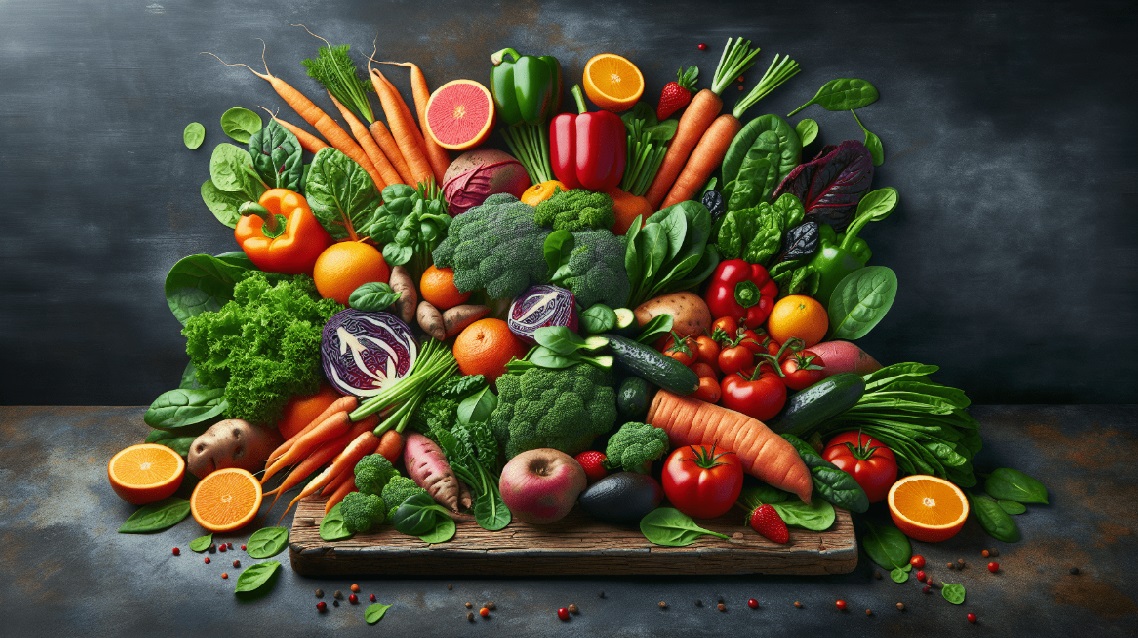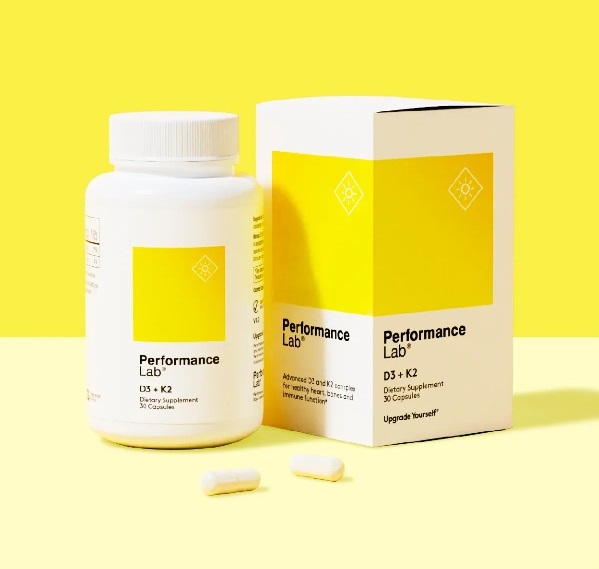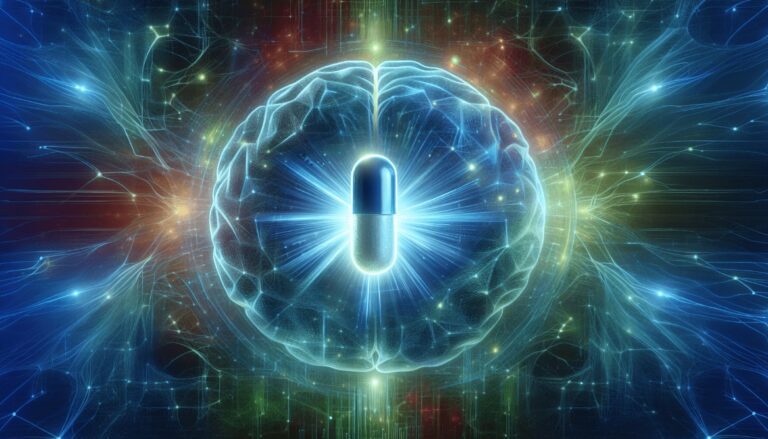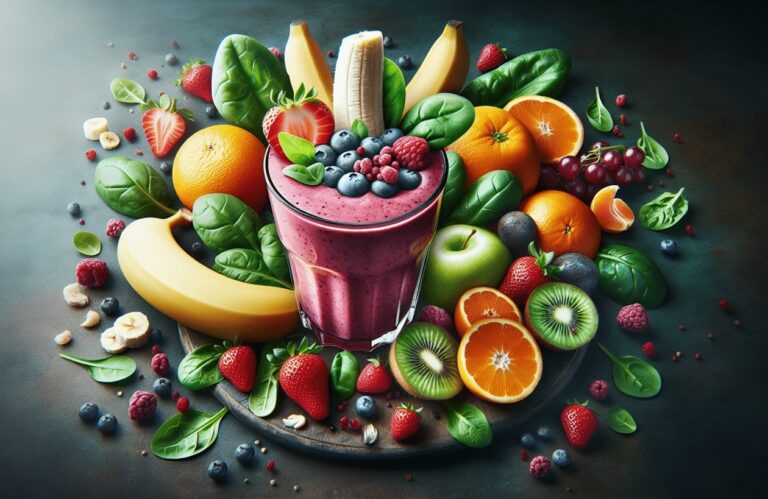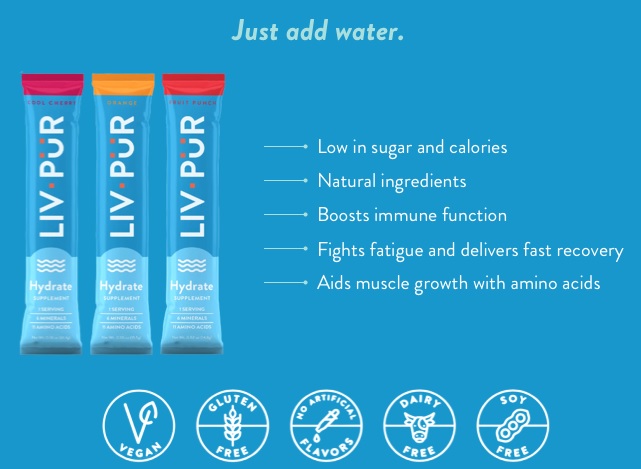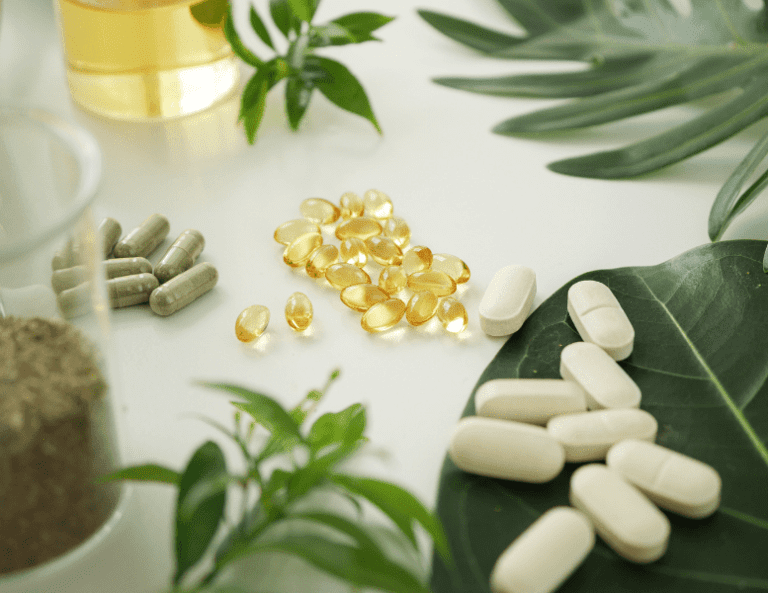Essential Vitamins for Vegans
Discover key vitamins for a healthy vegan lifestyle. Learn plant-based sources and practical tips to overcome common deficiencies in our comprehensive guide.
In this friendly guide, “Essential Vitamins for Vegans: Plant-Based Sources and Deficiency Solutions,” you’ll discover all the key vitamins that are crucial for maintaining a healthy vegan lifestyle. You’ll learn about the best plant-based sources to meet your nutrient needs and get insightful tips on how to overcome common vitamin deficiencies often seen in plant-based diets. Whether you’re new to veganism or a seasoned plant-based eater, this article offers practical advice to ensure you receive all the essential vitamins your body needs.
Essential Vitamins for Vegans: Plant-Based Sources and Deficiency Solutions
Are you a vegan or considering a plant-based diet and wondering if you’ll get all the essential vitamins your body needs? You’re not alone. Many people transitioning to or currently on a vegan diet often have concerns about nutrient intake. This comprehensive guide will highlight plant-based sources of essential vitamins, identify common deficiencies in vegan diets, and provide solutions to ensure you remain healthy and thriving.
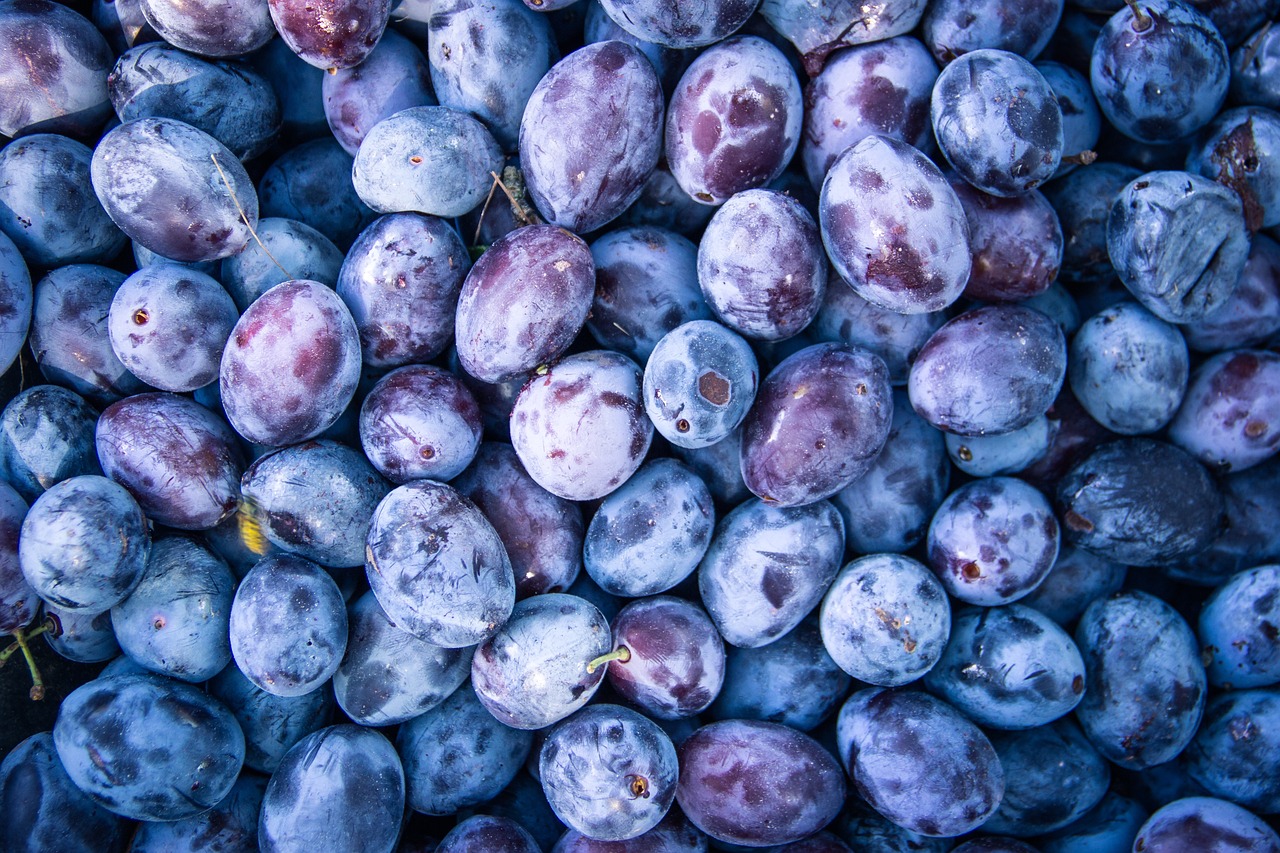
Why Focus on Vitamins?
Vitamins are organic compounds your body requires in small amounts to function properly. They play crucial roles in growth, energy production, and maintaining overall health. Some vitamins can be more challenging to obtain from a plant-based diet, making it crucial to be conscious of your intake.
Common Vitamin Deficiencies in Vegans
Before diving into plant-based sources of essential vitamins, let’s identify some commonly observed deficiencies in vegan diets:
- Vitamin B12
- Vitamin D
- Omega-3 Fatty Acids (not a vitamin but worth mentioning)
- Iron
- Zinc
- Calcium
- Iodine
- Vitamin K2
Vitamin B12
Vitamin B12 is vital for nerve function and the production of DNA and red blood cells. It’s commonly found in animal products, which means vegans need to be particularly vigilant about their intake.
Plant-Based Sources:
- Fortified Foods: Many plant-based milks, breakfast cereals, and nutritional yeast are fortified with vitamin B12.
- Supplements: Because B12 is hard to find in plant-based foods, a daily supplement is often recommended.
Vitamin D
Vitamin D supports bone health by aiding in the absorption of calcium. It also plays a role in immune function.
Plant-Based Sources:
- Sunlight: Your skin produces vitamin D upon exposure to the sun.
- Fortified Foods: Plant-based milk and orange juice fortified with vitamin D.
- Mushrooms: Certain types of mushrooms exposed to UV light contain vitamin D.
Omega-3 Fatty Acids
Omega-3 fatty acids are essential fats that your body can’t produce, meaning you need to get them from your diet. They primarily benefit heart and brain health.
Plant-Based Sources:
- Flaxseeds and Flaxseed Oil
- Chia Seeds
- Walnuts
- Hemp Seeds
- Algal Oil: A marine source of omega-3 derived from algae.
Iron
Iron is crucial for forming hemoglobin, which transports oxygen in the blood. Plant-based iron is not absorbed as efficiently as iron from animal sources.
Plant-Based Sources:
- Legumes: Lentils, chickpeas, beans
- Seeds: Pumpkin, sesame, hemp
- Leafy Greens: Spinach, kale
- Fortified Cereals
Tip for Better Absorption: Consume vitamin C-rich foods (like oranges, bell peppers, and strawberries) alongside iron-rich foods to enhance absorption.
Zinc
Zinc is involved in immune function, wound healing, and DNA synthesis. Similar to iron, plant-based zinc is not as easily absorbed as from animal products.
Plant-Based Sources:
- Legumes
- Whole Grains
- Nuts and Seeds
- Tofu and Tempeh
Calcium
Calcium is essential for bone health, and many people think you can only get it from dairy products. Not true!
Plant-Based Sources:
- Fortified Foods: Plant-based milk, tofu, and orange juice
- Leafy Greens: Bok choy, broccoli, collard greens
- Almonds
Iodine
Iodine is necessary for thyroid function, which regulates metabolism. Iodine content in foods can vary based on soil content where the plants are grown.
Plant-Based Sources:
- Iodized Salt
- Seaweeds: Nori, dulse, wakame
Vitamin K2
Vitamin K2 plays a role in bone and heart health. It’s not as commonly found in plant-based foods as in animal products, but there are sources.
Plant-Based Sources:
- Fermented Foods: Natto (fermented soybeans), sauerkraut, kimchi
- Certain vegetables such as broccoli and kale (though mostly K1, which your body can partially convert to K2).
Balancing Your Vegan Diet
Understanding where to find these essential vitamins can help you plan a balanced diet. Here’s a quick reference table to make this easier:
| Vitamin | Plant-Based Sources | Supplement Needed? |
|---|---|---|
| B12 | Fortified foods, nutritional yeast | Yes |
| D | Sunlight, fortified foods, mushrooms | Yes, if inadequate sun exposure |
| Omega-3 | Flaxseeds, chia seeds, walnuts, algal oil | Optional, but beneficial |
| Iron | Legumes, seeds, leafy greens, fortified cereals | No, if balanced diet |
| Zinc | Legumes, seeds, whole grains, nuts, tofu | No, if balanced diet |
| Calcium | Fortified foods, leafy greens, almonds | No, if balanced diet |
| Iodine | Iodized salt, seaweeds | No, if consuming enough seaweed or iodized salt |
| K2 | Fermented foods | Optional, depending on diet richness in K2 |
Practical Meal Ideas
Breakfast
- Fortified Cereal with Plant-Based Milk: Choose a fortified cereal and pair it with almond or soy milk.
- Smoothie Bowl: Blend fruits with fortified plant milk and top with chia seeds, flaxseeds, and nuts.
- Avocado Toast with Nutritional Yeast: Sprinkle nutritional yeast on avocado toast for that extra B12 boost.
Lunch
- Salad with Spinach, Kale, and Tofu: Add seeds like pumpkin and sunflower for extra zinc and iron.
- Chickpea and Lentil Stew: Rich in iron and protein, perfect served with a side of steamed broccoli.
- Quinoa and Veggie Bowl: Quinoa, roasted veggies, and a tahini dressing, sprinkled with sesame seeds.
Dinner
- Stir-fried Tempeh with Broccoli and Almonds: A calcium-rich, hearty dinner option.
- Lentil Soup with Kale: Nutrient-dense and easy to prepare in large batches.
- Stuffed Bell Peppers with Rice and Black Beans: Packed with fiber, iron, and protein.
Snacks
- Trail Mix: A combination of nuts, seeds, and dried fruits.
- Fortified Plant-Based Yogurt: Choose one fortified with vitamin D and calcium.
- Carrot and Celery Sticks with Hummus: Great source of protein and nutrients.
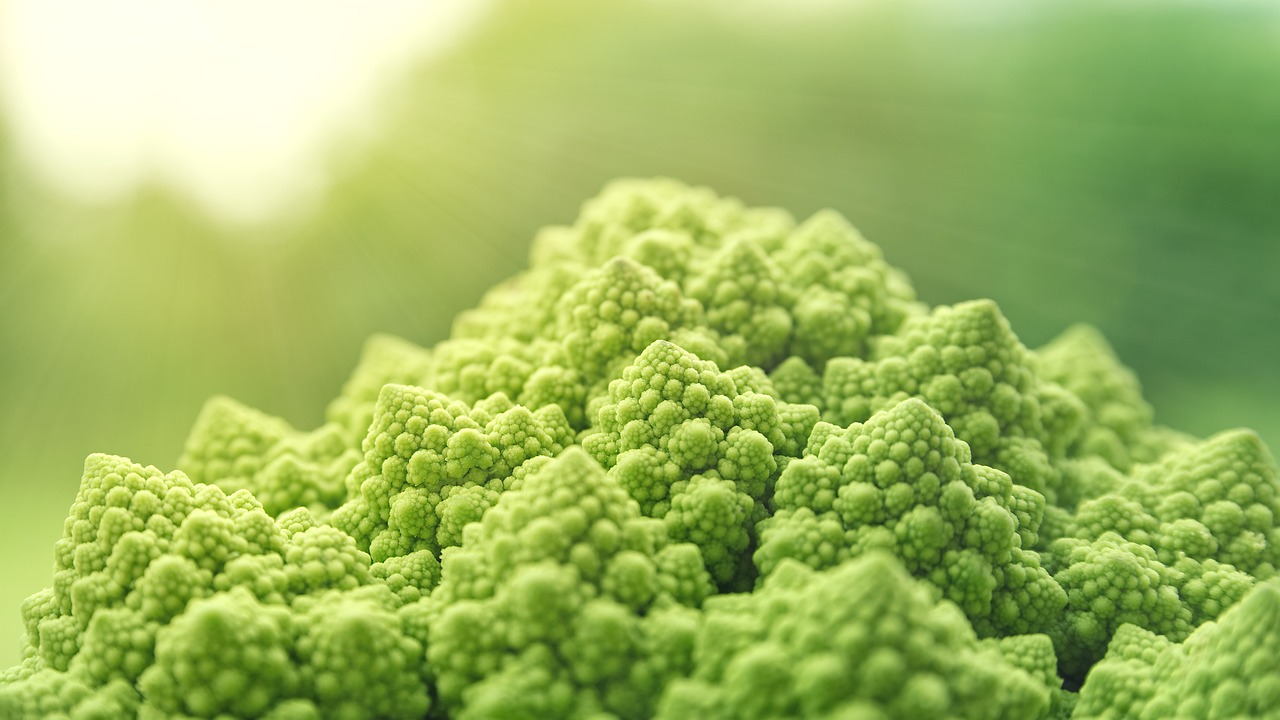
Supplements: A Safety Net
While getting your vitamins from whole foods is ideal, sometimes supplements can act as a safety net, especially for nutrients like B12 and D which can be hard to get from a vegan diet alone. Consult with a healthcare provider to get personalized advice on which supplements you may need.
Types of Supplements to Consider
- Multivitamins: Comprehensive coverage of various nutrients.
- B12 Supplements: Methylcobalamin or cyanocobalamin forms are commonly recommended.
- Vitamin D Supplements: D2 is plant-based; D3 can be derived from lichen for a vegan option.
- Omega-3 Supplements: Algal oil capsules are a good source.
Lifestyle Tips
Get Regular Health Check-ups
Having regular check-ups and blood tests can help monitor and manage your vitamin levels. It’s important to keep an eye on your nutrient status, especially if you’re new to a vegan diet.
Sun Exposure
Whenever possible, spend about 10-30 minutes in the sun several times per week to help your body produce vitamin D. Always consider your skin type and health condition, and apply sunscreen if needed.
Stay Hydrated
Proper hydration aids in nutrient absorption and overall health. Try to drink at least 8 glasses of water a day.
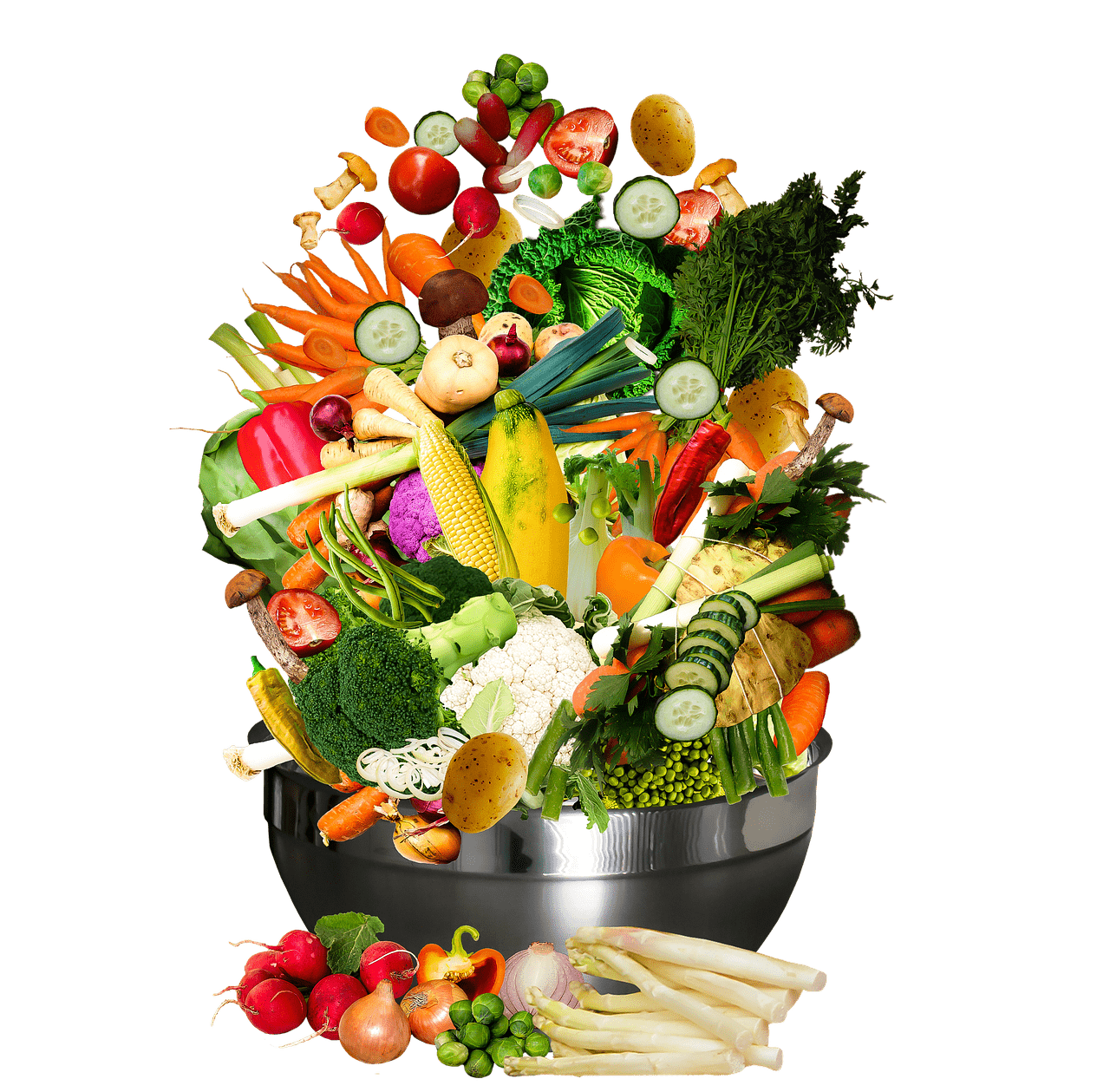
Conclusion
Moving to a vegan diet can be an enriching and healthful choice, but it requires mindful planning to ensure you’re meeting your nutritional needs. By focusing on a variety of plant-based sources and considering supplements for certain vitamins, you can maintain a balanced diet full of essential nutrients.
Feel empowered! You now have the knowledge to meet your nutritional needs responsibly and enjoyably. Happy eating!
